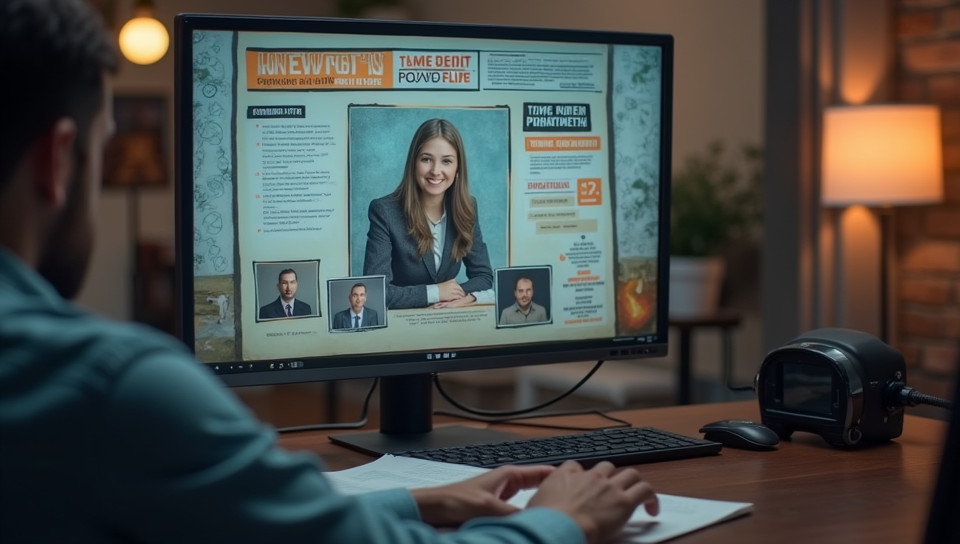Identifying credible sources is essential in a world of fake news 86%

The Fake News Epidemic: Why Identifying Credible Sources Matters
In today's digital age, information is just a click away. With the rise of social media and online news platforms, it's easier than ever to access and share news stories. However, this convenience comes with a cost. The spread of misinformation and fake news has become a significant concern, threatening the very fabric of our society.
The Consequences of Fake News
Fake news can have severe consequences, from influencing public opinion to causing physical harm. In 2016, the spread of false information about the Zika virus led to a panic among pregnant women, with some even undergoing unnecessary abortions. Similarly, fake news stories have been linked to violence and hatred, perpetuating racist and xenophobic ideologies.
Why Credibility Matters
In a world where anyone can publish online content, it's essential to identify credible sources of information. A credible source is one that adheres to journalistic standards, such as verifying facts through multiple sources, citing evidence, and avoiding bias. Here are some key characteristics of a credible source:
- Established reputation and credibility
- Clear and transparent editorial policies
- Expertise in the field or topic being reported on
- Fact-checking and verification processes in place
- Adherence to journalistic standards and ethics
Evaluating Sources
So, how can you tell if a source is credible? Here are some tips:
- Check the author's credentials and expertise
- Look for corroboration from other reputable sources
- Be wary of sensational or emotional language
- Be cautious of biased or opinion-driven content
- Verify information through fact-checking websites
The Role of You in Identifying Credible Sources
As consumers of information, we all play a crucial role in identifying credible sources. By being critical and discerning, we can help spread accurate information and combat the spread of fake news.
Conclusion
In conclusion, identifying credible sources is essential in today's world of fake news. By understanding what makes a source credible and taking steps to evaluate sources critically, we can all play a role in promoting truth and accuracy. Let us strive to be informed citizens who demand reliable information and hold those who produce it accountable. The future of our democracy depends on it.
- Created by: Maria Ortiz
- Created at: Sept. 15, 2024, 5:31 a.m.
- ID: 9689
